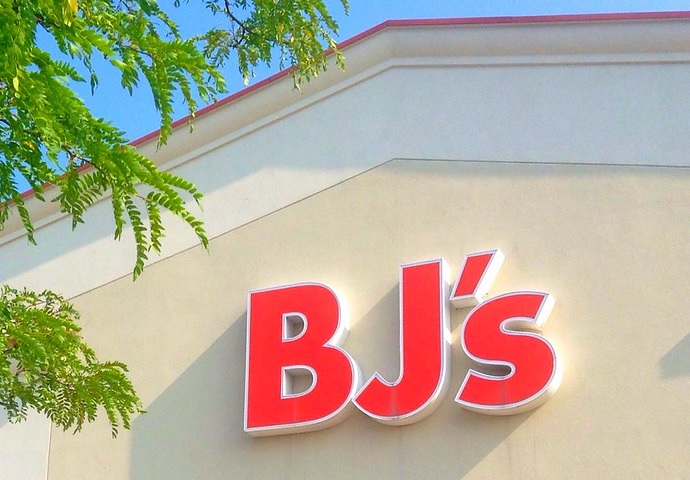
Consumers usually tend to lose when they take legal action against retailers who’ve incorrectly charged them sales tax when using coupons. But one Florida woman came closer than most to winning her case, on behalf of herself and all aggrieved couponers – until an appeals court stepped in and dashed her hopes.
A three-judge panel in the Sunshine State has reversed a lower court’s decision that would have allowed Laura Bugliaro to proceed with her proposed class-action lawsuit against BJ’s Wholesale Club.
The dispute dates all the way back to Black Friday 2014, when Bugliaro purchased two televisions at BJ’s using the retailer’s “clipless coupon” store discounts. She said she noticed that she was charged sales tax on the full retail prices rather than on the discounted, post-coupon prices. When she asked a manager about it, she was “offered a one-time courtesy refund of the additional sales tax she had paid,” the appeals court wrote in its summary of the case. “Bugliaro, however, declined the refund and sued BJ’s instead.”
The dispute centered on “a nuance in state sales tax law regarding how to calculate the taxable sales price when a product is discounted,” the court explained. In Florida, as in most states, shoppers are charged sales tax on the full price of products before any manufacturer’s coupons are used – but store coupons reduce your taxable total. Similarly, manufacturer-funded discounts are fully taxable, while retailer-funded discounts are tax-free.
Bugliaro argued that the discounts on her TVs were at least partially store-funded. So she said BJ’s incorrectly charged her more sales tax than she actually owed.
But here’s where it gets really convoluted. BJ’s said these particular discounts were “split-funded,” with the costs shared by the retailer and the manufacturer. And the amount the manufacturer chipped in, depended on how many TVs BJ’s sold. And “when there exists a problem in determining the extent the manufacturer will be providing a reimbursement for the discount, the sales tax is assessed on the undiscounted price,” the appeals court explained.
So BJ’s did not tax Bugliaro incorrectly, the court found, and the lower court erred in allowing her lawsuit to proceed. So this case appears to be closed.
Even if BJ’s had actually acted improperly, though, Bugliaro still may not have won her case. Many couponers who’ve found themselves in a similar situation and sued to get their money back – like this one, or this one – have learned the hard way that suing may not be their best option. Time and again, courts have ruled that the proper recourse for consumers who believe they’ve been incorrectly assessed sales tax is to ask the state for a refund – not to sue the retailer.
In creating Florida’s tax laws, state legislators “did not intend normal and routine tax disputes to be resolved in lawsuits… against the merchant,” the Florida appeals court stated. The provision allowing consumers to seek a refund from the state was “expressly intended to avoid the problem of merchants being caught in the middle of inconsistent demands from consumers and the Department (of Revenue).”
Of course, that puts quite the burden on consumers, who are expected to grin and bear it, happily overpaying sales tax if a retailer routinely overcharges them, then having to go out of their way to ask state tax authorities for a refund of a few dollars or a few cents – every single time they shop. It’s no wonder so many have turned to the courts for relief.
A Walmart shopper in Pennsylvania is certainly glad he did. Brian Farneth waged a five-year legal battle against the retail giant, arguing that he was improperly charged sales tax on the full price of his purchase when he used a coupon. Walmart stood its ground for years, before finally agreeing to settle the case a few years ago, setting aside $45 million to reimburse Farneth and thousands of similarly overcharged shoppers with gift cards worth up to $100 apiece.
So the next time you go shopping with coupons, keep an eye on your receipt. If you find you’ve been unfairly overcharged, and you don’t want to have to ask the state for a refund, you can always take the retailer to court, though winning won’t be easy. But as a whole lot of Walmart shoppers who scored $100 gift cards could tell you – it’s not impossible, either.










